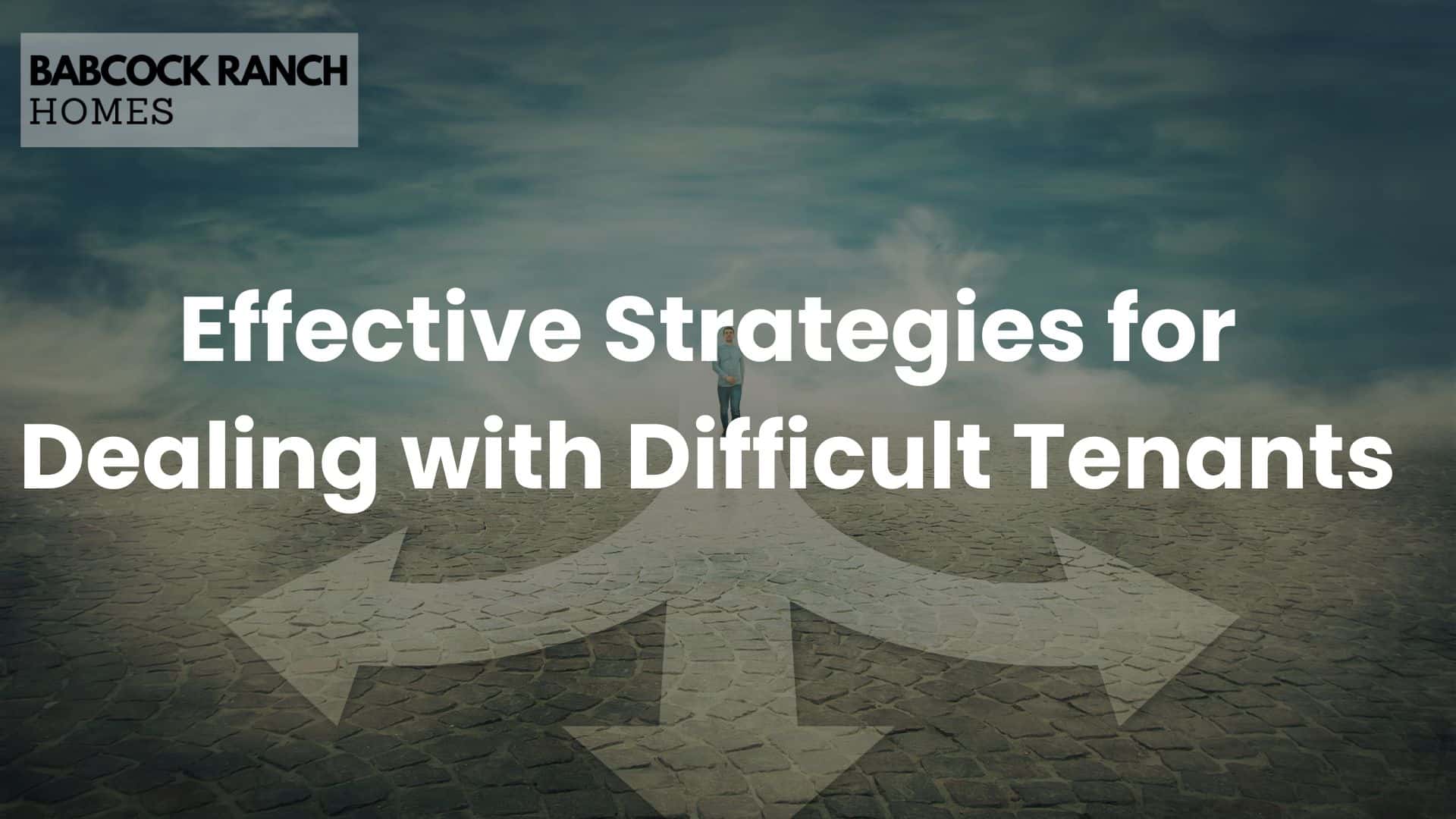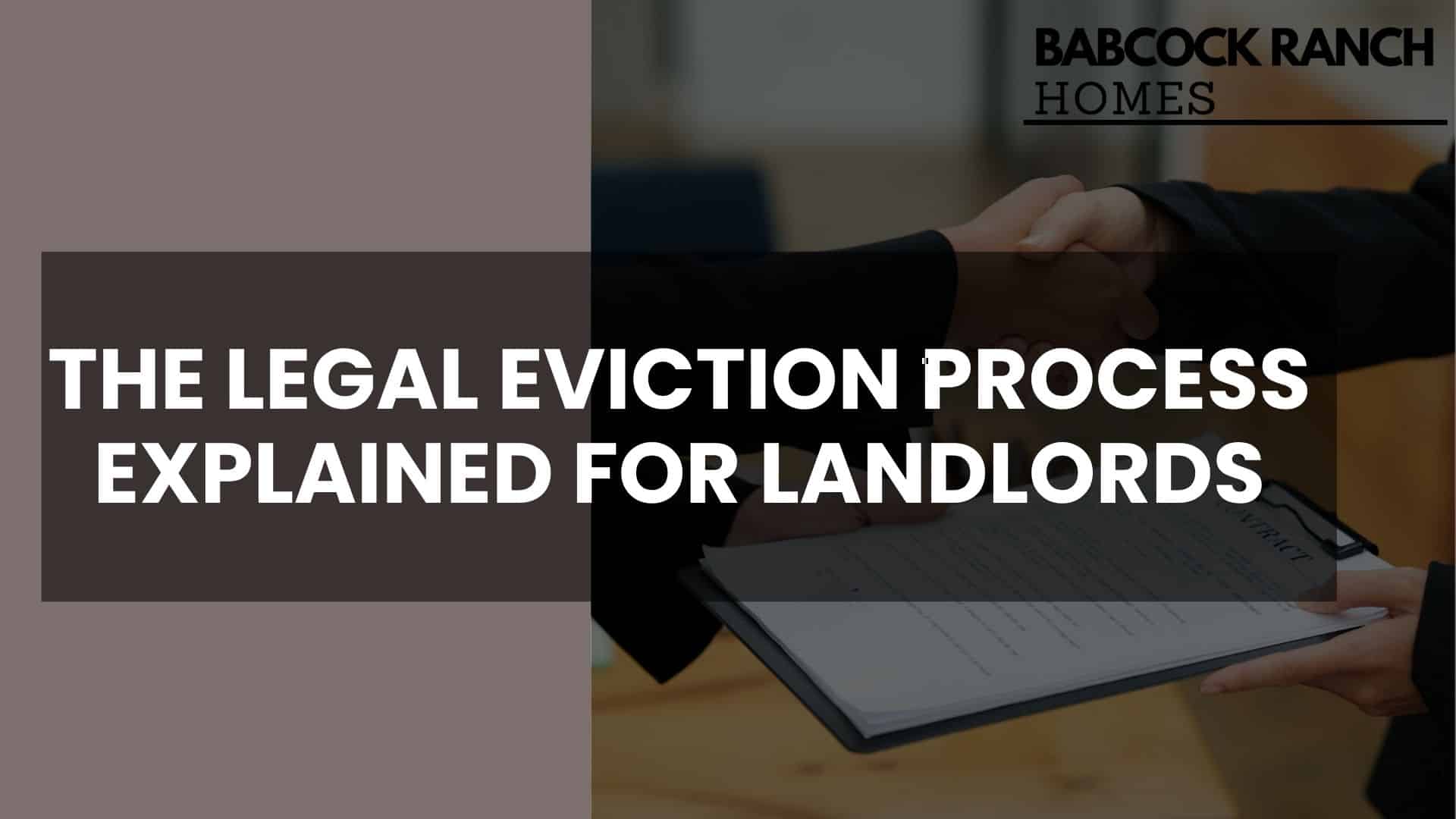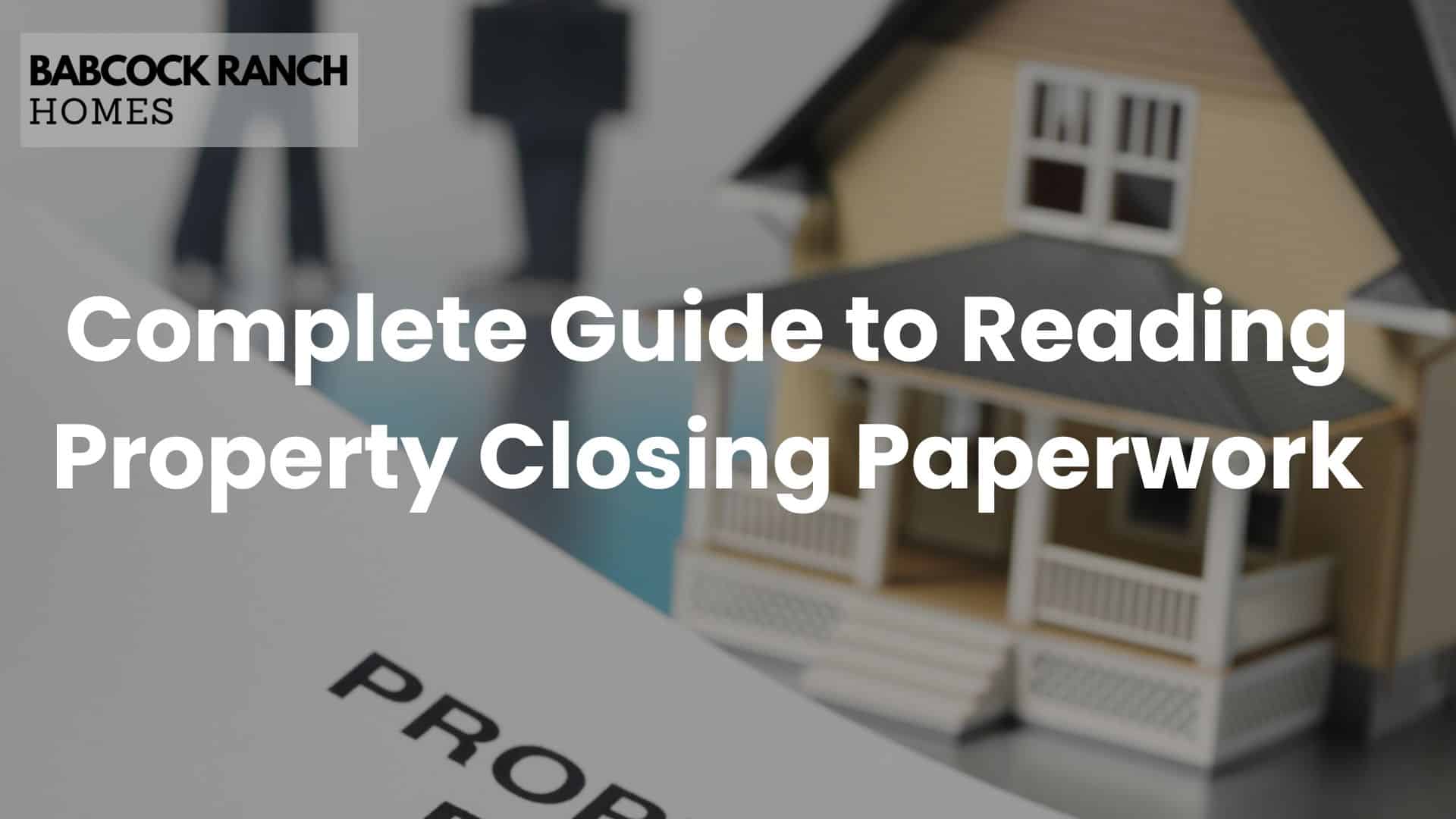Buying a home in the real estate market needs smart strategies. Knowing about contingent offers is key for homebuyers. A contingent offer is a smart way to buy a home, protecting buyers in the complex world of real estate.
Babcock Ranch Homes sees contingent offers as more than just a purchase agreement. They are a smart tool that lets buyers add conditions before buying a home. These conditions help protect buyers’ interests and money during the buying process.
A contingent offer lets buyers back out without losing money if certain conditions aren’t met. This safety net helps buyers make smart choices with less risk.
Key Takeaways
- Contingent offers provide critical buyer protection in real estate transactions
- Buyers can include specific conditions that must be met before finalizing purchase
- Multiple types of contingencies exist, including inspection and financing
- Typically, contingent offers last between 30-45 days
- Approximately 5% of purchase agreements fall through, highlighting contingency importance
Understanding the Basics of Real Estate Contingencies
Real estate deals are complex, with contingency clauses being key for buyers. These clauses protect buyers’ money during the buying process.

Contingent offers act as a safety net. They give buyers conditions that must be met before buying a home. This makes deals more flexible and safe.
How Contingent Offers Protect Buyers
Contingency clauses offer big benefits to buyers. They help avoid financial risks by setting clear exit plans if conditions aren’t met.
- Prevent unexpected financial burdens
- Safeguard earnest money deposits
- Allow for a full property check
- Give room for negotiation
The Role of Contingencies in Home Purchase
Contingencies cover different parts of buying a home. Each one helps reduce risks and makes the deal clear.
- Inspection Contingency: Allows buyers to ask for repairs or back out
- Financing Contingency: Protects buyers if they can’t get a mortgage
- Appraisal Contingency: Makes sure the home’s value matches the price
Key Components of a Contingent Offer
Creating a good contingent offer needs careful planning. Buyers must know the conditions and what they mean in their contract.
A well-structured contingent offer balances buyer protection with seller expectations.
What Is A Contingent Offer

A contingent offer is a special way to buy a home. It lets buyers make an offer with conditions that must be met before the sale is complete. This way, both buyers and sellers get more flexibility.
Knowing what a contingent offer means is key. It’s a way to protect buyers during the home buying process. Buyers can add conditions to their offer. This means they can back out without losing money if these conditions aren’t met.
- Protects buyer’s financial interests
- Provides flexibility during property purchase
- Allows buyers to set specific conditions
Some common conditions in a contingent offer include:
- Home inspection approval
- Mortgage financing confirmation
- Successful property appraisal
- Clear property title verification
“A contingent offer gives buyers a safety net in complex real estate transactions.” – Real Estate Professionals Association
Contingent offers have both good and bad sides. Sellers might be unsure and hesitant to accept them. Buyers with strong offers or financial backing have a better chance of getting accepted.
Contingent offers can be tricky. Sellers might keep their property listed while waiting for conditions to be met. Some buyers offer extra money to make their offer more appealing.
The Process of Making a Contingent Offer on a Home
Entering the world of contingent real estate contracts needs careful planning. Buyers must know the steps to make a strong offer. This offer should protect their interests and appeal to sellers.
Before making a contingent offer, buyers face several key decisions. The process involves many strategic steps. These steps can greatly affect the offer’s chance of being accepted.
Initial Steps in Submitting the Offer
Starting with a contingency addendum requires thorough preparation. Buyers should:
- Research the property’s current market status
- Secure mortgage pre-approval
- Determine realistic contingency terms
- Work closely with a real estate professional
Negotiating Contingency Terms
Negotiation is key in contingent real estate contracts. Buyers need to create offers that protect them while also appealing to sellers. A 2022 National Association of REALTORS® study found that only 6% of contracts were terminated. This shows that smart negotiations can lead to success.
Timeline Considerations
Understanding the timeline is vital in contingent offers. Buyers should:
- Act quickly when an opportunity arises
- Be prepared to move forward fast
- Minimize possible contingencies
- Stay flexible throughout the process
Pro tip: A well-crafted contingent offer can increase your chances of getting the property, even in competitive markets.
Home Inspection Contingency Explained

A home inspection contingency is a key protection for buyers. It lets them schedule a professional home check within a certain time frame. This is part of the purchase deal. The main aim is to find any hidden issues that could affect the property’s value or how well it works.
When dealing with home inspection clauses, buyers get big benefits. The inspection steps are straightforward:
- Schedule a professional home inspection
- Get a detailed report from the inspection
- Look over the report and any issues found
- Choose what to do next
After getting the report, buyers have choices. They can ask the seller to fix issues, ask for a lower price, or back out of the deal. This contingency is like a safety net. It lets buyers get their earnest money back if big problems are found.
| Inspection Contingency Options | Buyer Actions |
|---|---|
| Minor Issues | Ask for specific repairs |
| Major Structural Problems | Negotiate a price cut |
| Significant Defects | Back out of the contract |
States have different rules for contingencies. For example, California gives 17 days for inspections and talks. Buyers should check their contract terms and know the risks of skipping the home inspection contingency.
Professional inspections are your best defense against unexpected home-buying challenges.
Knowing about home inspection contingencies helps buyers make smart choices. It protects their investment in the real estate buying process.
Mortgage and Financing Contingencies
Real estate financing can be complex. Contingency clauses in real estate offers protect homebuyers during the mortgage approval process. These financial safeguards are key to a successful home purchase.
Mortgage contingencies are a vital safety net for buyers. They are tied to mortgage approval and offer specific protections during the home buying journey.
Pre-approval Requirements
To get a mortgage, buyers need to prepare well. They must:
- Get a pre-approval letter from a trusted lender
- Submit all needed financial documents
- Keep their credit and job stable
- Have detailed financial records ready
Financing Timeline Expectations
The mortgage approval process has a set timeline. Buyers must navigate it carefully:
| Timeline Stage | Typical Duration | Key Actions |
|---|---|---|
| Initial Application | 1-7 business days | Submit complete financial documentation |
| Loan Processing | 30-45 days | Underwriting and verification of financial details |
| Final Approval | 7-14 days | Receive loan commitment letter |
Loan Contingency Deadlines
The finance contingency clause is vital for buyers. It usually lasts 30-45 days. It lets buyers cancel the contract and get their earnest money back if they can’t get a mortgage.
Buyers should act fast: apply for a loan within seven business days of signing the contract. They must also give their lender all needed documents. A loan commitment letter is the final step in securing financing. It protects the buyer’s investment and clarifies the home buying process.
Appraisal Contingency: Protecting Your Investment
An appraisal contingency is a key part of buying a home. It helps protect buyers from financial risks. It’s a vital part of a smart home buying plan.
The appraisal process is a big check in home buying. A professional appraiser checks the property’s value to make sure it matches the price you agreed on. If the value is lower, buyers have a few options:
- Renegotiate the price with the seller
- Use personal money to cover the difference
- Cancel the deal without losing money
Let’s say a home is listed for $400,000 but appraises for $380,000. Buyers can use the contingency to:
- Ask for a price cut to the appraised value
- Find a middle ground price between $380,000 and $400,000
- Back out of the deal, keeping their deposit safe
“An appraisal contingency provides a critical financial safety net for homebuyers, preventing overpayment and reducing risks.”
Smart buyers get ready for appraisal issues by:
- Looking into local real estate trends
- Working with skilled real estate agents
- Talking openly with their lenders
Skipping the appraisal contingency can be very risky. It’s usually a good idea to keep it in your home buying plan.
Title Contingency and Property Ownership Verification

Understanding property ownership is key. Title contingencies protect buyers from legal issues and hidden problems. They are a big part of real estate contracts.
A title contingency checks if the property is owned clearly and without issues. It’s a key part of buying a home. It keeps buyers safe from legal and financial surprises.
Title Search Process
The title search digs deep into the property’s past. Experts look at public records for:
- Previous ownership records
- Existing liens
- Potential legal judgments
- Inheritance or probate issues
Title companies usually finish these searches in 3-7 days. They give a detailed report on any ownership problems.
Dealing with Title Issues
If title issues come up, buyers have a few choices:
- Ask the seller to fix existing liens
- Try to get a lower price
- Back out of the deal
- Get legal advice for specific problems
Title contingencies are very important. They make sure buyers get a property they can own. Knowing about these can save a lot of time, money, and stress in buying a home.
Home Sale Contingency: Selling Before Buying
A home sale contingency is a safety net for homeowners. It helps them buy a new home while selling their current one. This strategy protects their financial interests during a complex real estate deal.
The main goal of a home sale contingency is to let buyers buy a new home only after selling their old one. This contingency has several benefits:
- It keeps buyers from spending too much money
- It stops buyers from having to pay two mortgages at once
- It gives buyers flexibility in tough real estate markets
Buyers need to know about two main types of home sale contingencies:
- Sale and Settlement Contingency: For when the current home isn’t sold yet
- Home Settlement Contingency: For when the current home is already sold
How well a home sale contingency works depends on the market. In competitive markets, sellers might not want to accept these offers. Buyers can improve their chances by:
- Offering more than the asking price
- Putting down a bigger earnest money deposit
- Being flexible with closing dates
| Contingency Type | Market Acceptance | Buyer Risk |
|---|---|---|
| Sale and Settlement | Low in Hot Markets | High |
| Home Settlement | Moderate | Medium |
There are other ways to handle home sale contingencies, like bridge loans or “Buy Before You Sell” programs. These options offer more flexibility for buyers in complex real estate deals.
Approximately 67% of home buyers in 2019 were not first-time buyers. This shows how important home sale contingencies are in real estate.
Understanding Kick-Out Clauses in Contingent Offers
Kick-out clauses are key in real estate deals. They give buyers and sellers flexibility. Sellers can keep marketing their property even if they have a buyer.

Kick-out clauses help sellers. They let sellers look at other offers if the first buyer can’t close the deal.
Seller’s Strategic Rights
Sellers get big benefits from kick-out clauses:
- They can keep marketing the property
- They can accept other offers
- They can tell the first buyer about better offers
- They give the first buyer a short time to respond
Buyer’s Options and Timeframes
Buyers have ways to keep their deal alive:
- They can remove conditions fast
- They can offer more money
- They can show they can afford it
- They can give up some contract terms
Kick-out clauses add complexity but help both sides in real estate deals.
The Impact of Market Conditions on Contingent Offers

Knowing how market conditions affect contingent real estate contracts is key for a smooth home buying process. The type of market can greatly change the chances of a contingent offer being accepted.
In a competitive real estate market, contingent offers get more complicated. About 4% of pending home sales fail because of unresolved contingencies. This shows how sensitive these agreements are.
- Buyer’s Market: More flexibility for contingent offers
- Seller’s Market: Higher likelihood of rejected contingencies
- Balanced Market: Negotiated contingency terms
Several important factors affect contingent offers in different markets:
- Financing Challenges: High debt-to-income ratios can make mortgage approvals tough
- Appraisal Discrepancies: Market changes can affect property values
- Home Inspection Risks: Structural issues are more common in uncertain markets
Sellers often use backup offers and kick-out clauses to protect themselves in uncertain markets. In competitive situations, buyers might need to give up some contingencies to make their offers more appealing.
Market adaptability is key to successfully navigating contingent real estate contracts.
Smart buyers understand that market conditions shape their strategy for contingent offers. They need to be flexible and think strategically during the home buying process.
Working with Babcock Ranch Homes: Expert Guidance

Understanding a contingent offer can be tricky. Babcock Ranch Homes offers detailed support. We help buyers grasp the meaning of a contingent offer in real estate.
Local Market Expertise That Sets Us Apart
Our team knows the local real estate scene well. We guide clients through contingent offers with precision. We break down the offer’s meaning to help buyers make informed choices.
- Comprehensive market analysis
- Personalized strategic planning
- Detailed property evaluation
Professional Support Throughout Your Journey
Our support covers every step of the contingent offer process. We aim to reduce risks and increase chances of a successful home purchase.
| Service | Key Benefits |
|---|---|
| Market Research | Accurate pricing insights |
| Contingency Negotiation | Protective contract strategies |
| Documentation Management | Streamlined legal compliance |
Our goal is to make the complex world of contingent offers simple. We aim to guide you smoothly to homeownership.
Potential Risks and Benefits of Contingent Offers

Contingent offers are a smart move in real estate. They offer protection and can also pose challenges. Knowing about contingencies and clauses is key to making smart choices.
Buyers get big benefits from contingent offers. These deals let them:
- Keep their money safe
- Check the property well
- Get their mortgage in order
- Back out without losing their deposit
Statistical insights reveal the complex landscape of contingent offers. In 2022, about 7% of deals fell apart because of unmet conditions. Also, 4-5% of contingent offers didn’t make it to the finish line.
The downsides of contingent offers include:
- Being less competitive in tight markets
- Delays in closing
- Chance of losing the property to other offers
- Financial risks
To lessen these risks, buyers can get pre-approved for a mortgage, do initial checks, and plan their contingencies well. Sellers can protect themselves by using kick-out clauses and checking the buyers’ qualifications.
Even with their benefits, contingent offers need careful handling and planning in today’s fast-paced real estate world.
Conclusion
Knowing what a contingent offer is key for smooth real estate deals. These agreements help both buyers and sellers by setting clear rules for home sales. With over 80% of deals using contingent offers, buyers need a smart plan and expert help.
Contingent offers are more than just papers. They protect buyers’ investments with conditions like inspections and financing checks. Only about 5% of these offers fail, showing they work well when set up right.
For help with contingent offers, turn to Babcock Ranch Homes. Our team helps clients through complex deals, making sure they buy homes without trouble. Call us at 518-569-7173 in Babcock Ranch, Florida, for personal advice.
Buying a home needs careful planning and expert advice. Understanding contingent offers and working with local pros can help buyers. This way, they can confidently buy homes, avoiding risks and seizing chances in today’s market.




















